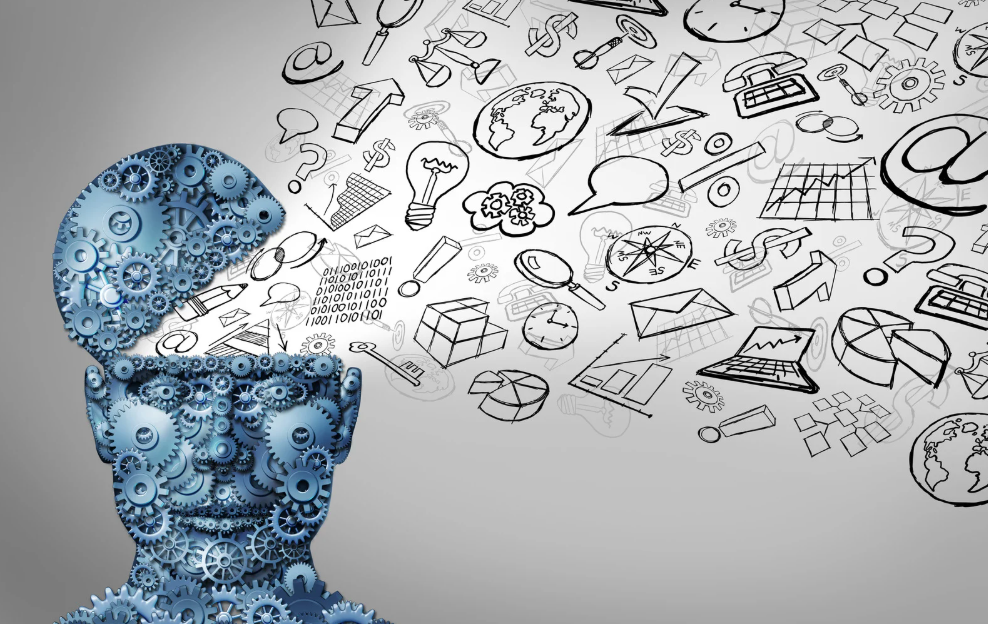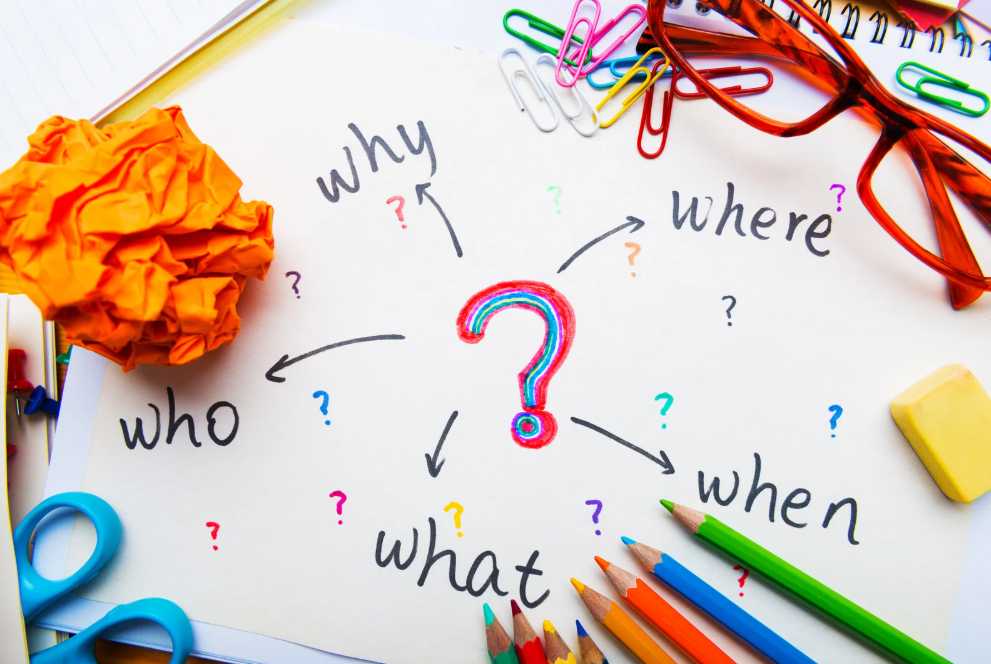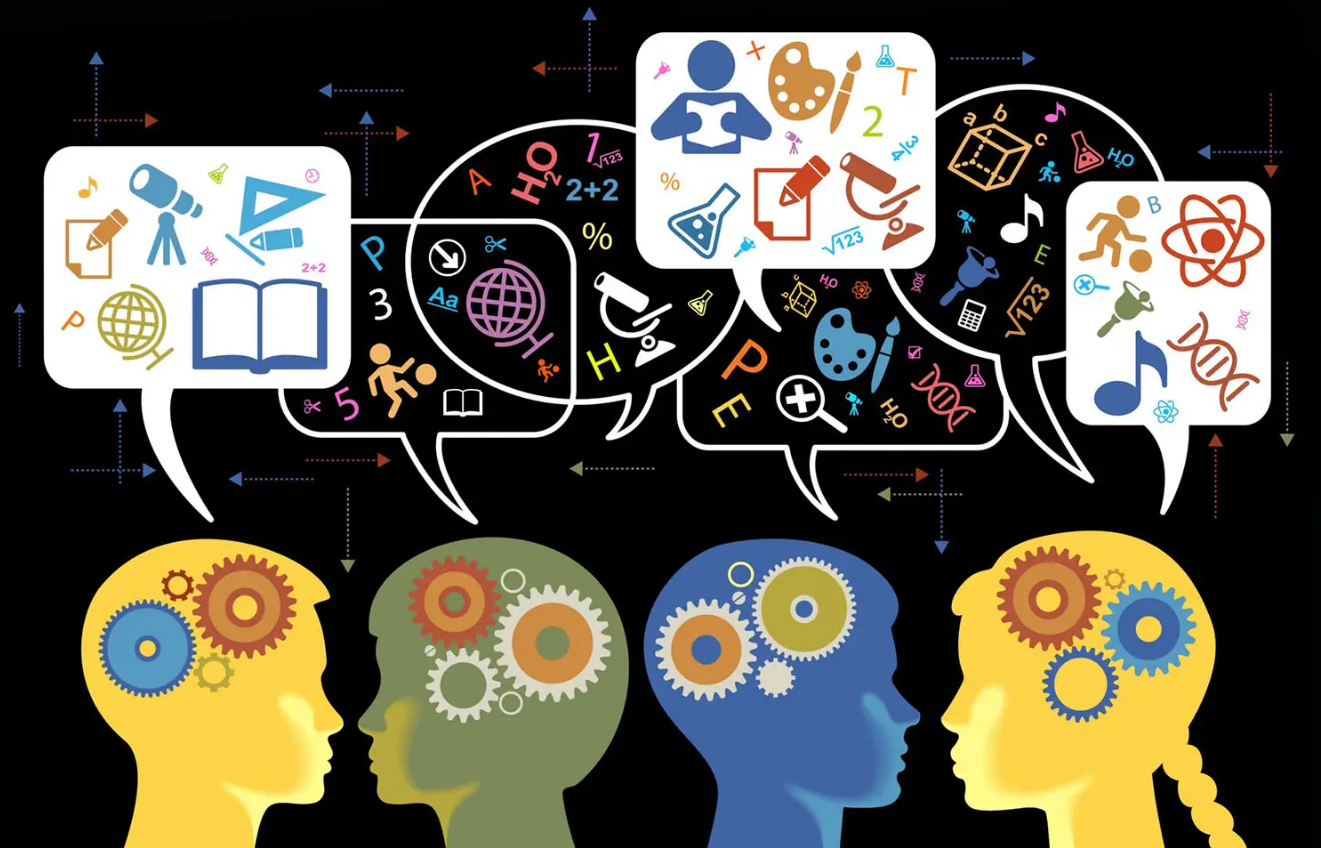Reflective Thinking – A Foundational Skill for Growth
 In today’s information-driven era, students can access countless new ideas with just a single click. Yet, does quick access to knowledge automatically mean deep understanding and effective application? The answer is no.
In today’s information-driven era, students can access countless new ideas with just a single click. Yet, does quick access to knowledge automatically mean deep understanding and effective application? The answer is no.
Many students still rely on reaction – responding or following instructions, sometimes mechanically, without truly grasping the core of the issue. Yet, to grow and take ownership of their learning and their lives, students need to cultivate reflection – the ability to look back, analyze, and think more deeply about their own experiences.
Reaction vs. Reflection: The Difference Lies in Depth of Thinking
 In their learning journey, many students tend to operate on reaction – automatic responses that surface the moment they face a situation, question, or challenge. Reactions are instinctive, shaped by past experiences, and often influenced by temporary emotions.
In their learning journey, many students tend to operate on reaction – automatic responses that surface the moment they face a situation, question, or challenge. Reactions are instinctive, shaped by past experiences, and often influenced by temporary emotions.
For example, when receiving a disappointing grade, a student might immediately think: “I’m just not good at this subject” or “The exam was too difficult.” Such responses come quickly, but they often lack depth and rarely lead to meaningful change.
Reflection, on the other hand, requires a pause. It asks students to look inward – observing, analyzing, and questioning their own experiences. It is an intentional process of thinking about what happened, why it happened, the emotions involved, and what lessons can be drawn.
Instead of simply blaming themselves for a poor grade, a reflective student might ask: “What was ineffective about my study approach? What strategies could I try next time? What result do I want in the next exam, and what steps will help me achieve it?”
The key is that reflection is not a spontaneous reaction but a skill – one that can be cultivated and developed into a lifelong habit. Students who practice reflection move beyond absorbing knowledge passively. They learn to connect what they study with their own experiences, values, and future goals. This ability not only strengthens academic growth but also builds resilience, self-awareness, and maturity in life.
Why Reflection Is Essential for Students
 1. Gaining Deeper Self-Awareness
1. Gaining Deeper Self-Awareness
Reflection helps students recognize their strengths, weaknesses, emotions, and study habits. With this self-understanding, they can adjust their learning strategies more effectively and ease the pressure of chasing external expectations.
2. Developing Problem-Solving Skills
Instead of blaming circumstances or teachers, reflective students learn to ask:
- “What could I do differently?”
- “What should my next step be?”
This mindset lays the foundation for critical thinking and creativity.
3. Building Adaptability
In a world of constant change, reflection enables students to adjust more thoughtfully when facing challenges, rather than reacting purely on impulse.
That is why reflection is not just a skill, it is a lifelong habit that empowers students to grow, thrive, and lead themselves with confidence.
Mentoring – Guiding Students to Develop Reflective Thinking
One of the most effective ways to nurture reflective thinking is through mentoring.
At Mentors14, mentors go beyond helping students with assignments or career choices. They encourage self-discovery by asking open-ended questions such as:
- “What do you think about this result?”
- “What would you like to do differently next time?”
- “What did you learn from this experience?”
Through this process, students gradually move beyond automatic reactions. They begin to ask themselves deeper questions, find their own answers, and make meaningful adjustments for personal growth.
Growth Begins with Asking the Right Questions
True growth does not come solely from grades or achievements, but from the ability to look inward and think critically about one’s own experiences. By practicing reflection, students not only learn more effectively but also live with greater intention—ready to face every journey ahead with confidence.
Read Vietnamese version here.


 VIE
VIE